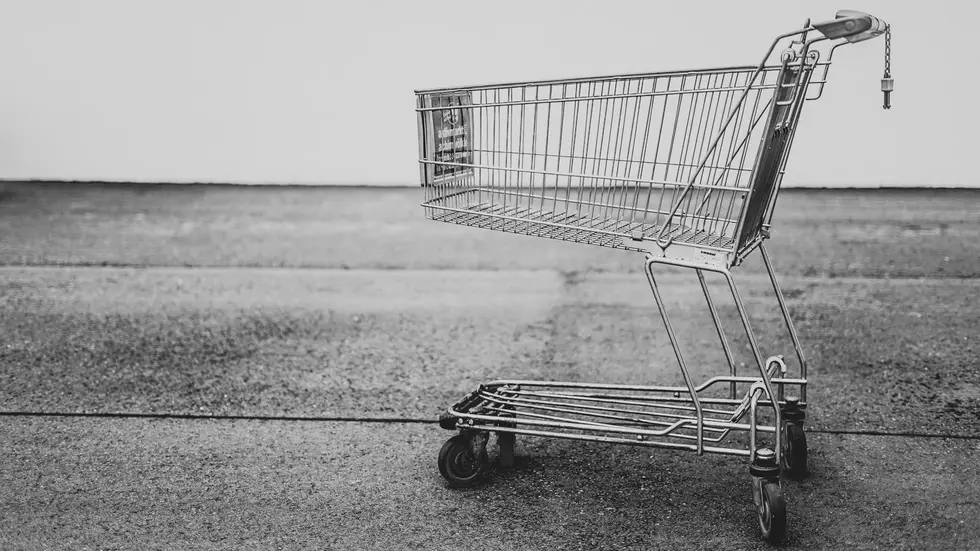
A Big Supermarket Chain in NJ Announces Another Store is Closing
It's been a rough go for businesses of all shapes and sizes in the Garden State over the past couple of years and supermarkets are certainly no exception.
In 2022, at least four major food stores closed in New Jersey.
The calendar had just barely flipped over to January when news broke that an Acme store in Middlesex County would be closing on February 3rd.
There, Albertson's, which owns the Acme chain, cited "real estate concerns" as the reason that store was closing.
Before that store shut down, Stop & Shop had closed a store on Route 17 in Paramus and then they closed another store in South Brunswick.
After that, The Asbury Park Press reported that after over 40 years on Route 35 in Ocean Township, Monmouth County, Super Foodtown was getting ready to close.

Latest announcement
Now, another Stop & Shop will soon be disappearing from the landscape, this one on Raritan Ave. in Highland Park, Middlesex County.
According to NJ.com, a spokesperson for the company said, "After a detailed review of the operating performance of our stores, we have made the difficult decision to not renew our lease..."
But unlike the other supermarket closings, this one isn't quite immediate.
This Stop & Shop store will stay open until March 23rd, according to New Jersey 101.5.
What causes a supermarket to close?
When a supermarket closes, one question is often asked. Much like a restaurant, if everyone has to eat at some point, shouldn't it be easy to run a supermarket?
Not exactly.
Like any other business, lots of factors are in play, including real estate/lease issues, competing stores opening, and more people shopping online, just to name a few. Not to mention the latest batch of problems: supply chain issues, problems finding workers, an increase in shoplifting, and, of course, inflation, which causes people to pinch pennies any way they can.
Think of it this way: if your store is selling a head of lettuce for $2, the store across the street is going to sell it for $1.75, which means the place down the road might sell it for $1.50, and then the megastore on the corner might have it for $1. If you're the store selling lettuce for $2, you can either drop your price to compete, thus cutting into your profit, or your product just won't sell, which will cut into your profit.
And even the biggest of stores aren't immune. Walmart closes stores when they aren't profitable and even Amazon has struggled with some brick-and-mortar locations.
10 NEW JERSEY STORES YOUR PARENTS SHOPPED AT BUT ARE NOW GONE
2012 Flashback - The Egg Harbor Township Pathmark Closes
More From WPG Talk Radio 95.5 FM









